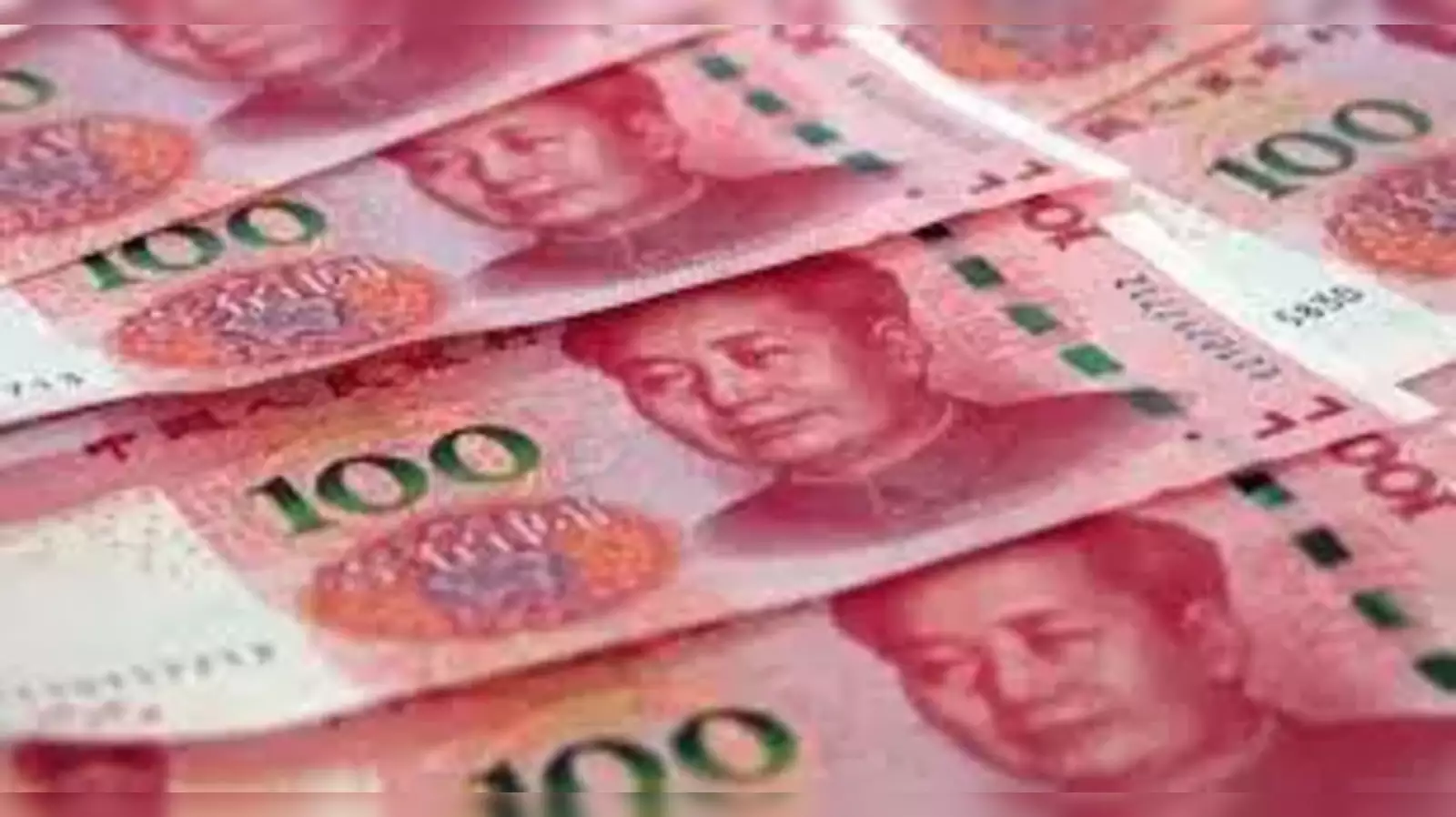Market turmoil rippled through Asia on Friday as Chinese stocks plunged and the yuan depreciated, unsettling investors and dampening the broader market sentiment. The downturn came in the wake of an equity market rally fueled by an unexpected rate cut in Switzerland, leaving traders speculating about the next moves in global monetary policy.
Concerns heightened across Asia as the Japanese yen edged towards multi-decade lows, accompanied by intensified efforts from Japanese officials to address the currency’s decline. Concurrently, the sudden drop in the yuan led to major state-owned banks in China selling dollars to stabilize its value, albeit with limited success as Chinese stocks mirrored the currency’s decline.
China’s CSI300 and Shanghai Composite indices each experienced significant drops of over 1%, while Hong Kong’s Hang Seng Index slid by 3%, underscoring the fragile sentiment prevailing in the markets. Wong Kok Hoong, head of equity sales trading at Maybank, highlighted concerns regarding weak earnings in Chinese companies and persistent challenges in the country’s property sector as contributing factors to the jittery atmosphere.
Elsewhere, the yen’s weakening trend continued, nearing a four-month low against the dollar, prompting scrutiny amid a backdrop of diverging interest rate policies between the US and Japan. Despite a recent rate hike by the Bank of Japan (BOJ), the yen remained under pressure, reflecting ongoing uncertainties about the central bank’s future moves.
The Swiss National Bank’s (SNB) surprise rate cut raised expectations for similar actions by the European Central Bank (ECB) and the Bank of England (BoE) in the coming months, bolstering investor sentiment. Rob Carnell, ING’s regional head of research for Asia-Pacific, emphasized the supportive role of easing monetary policies, suggesting potential further boosts to market confidence.
Meanwhile, sterling dipped following comments from BoE Governor Andrew Bailey signaling a possible shift towards easing monetary policy in the UK. The Swiss franc also weakened, echoing its decline from the previous session.
Amidst these fluctuations, the US dollar regained strength, driven by resilient economic data, tempering the euro’s performance. Carnell underscored the enduring strength of the US economy, questioning the prevailing narrative of a weakening dollar in response to Fed rate cuts.
In the commodities market, Brent crude and US crude both retreated, while spot gold saw a slight decline after reaching an all-time high the previous day.



